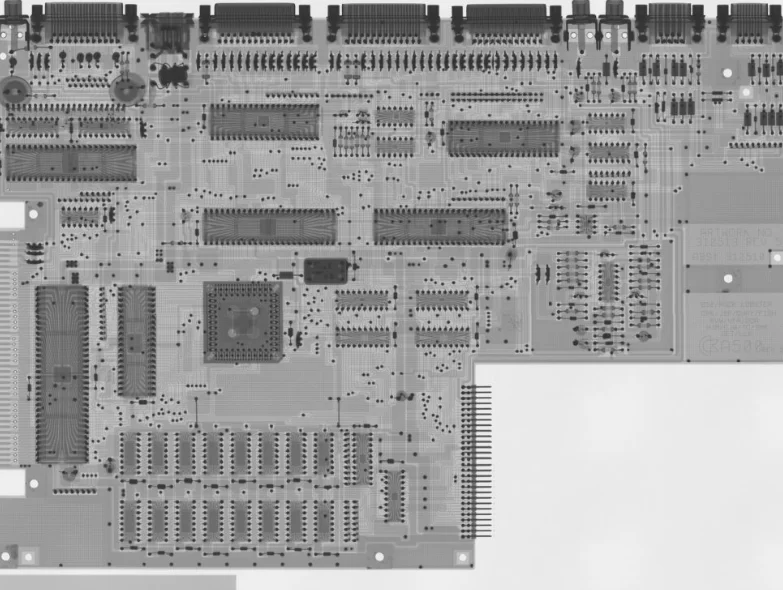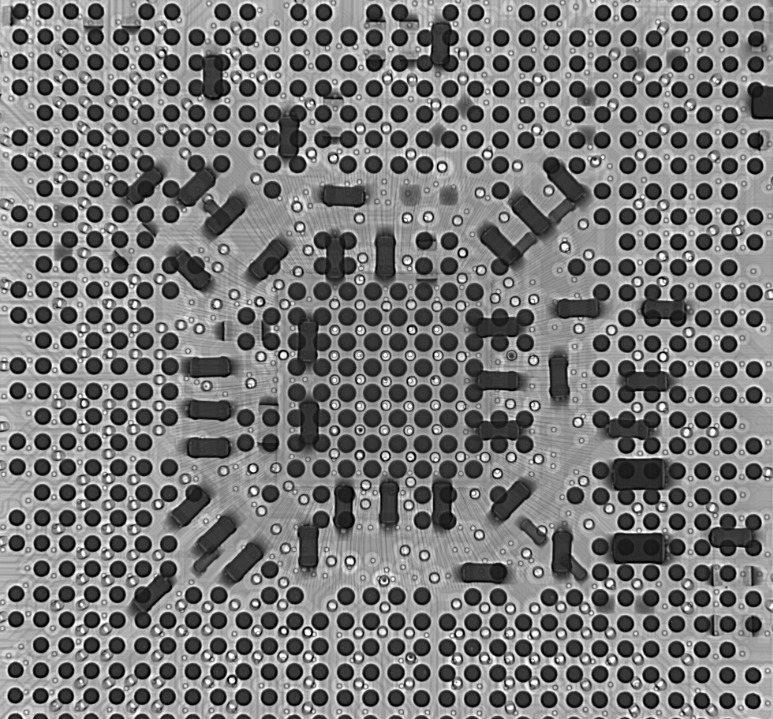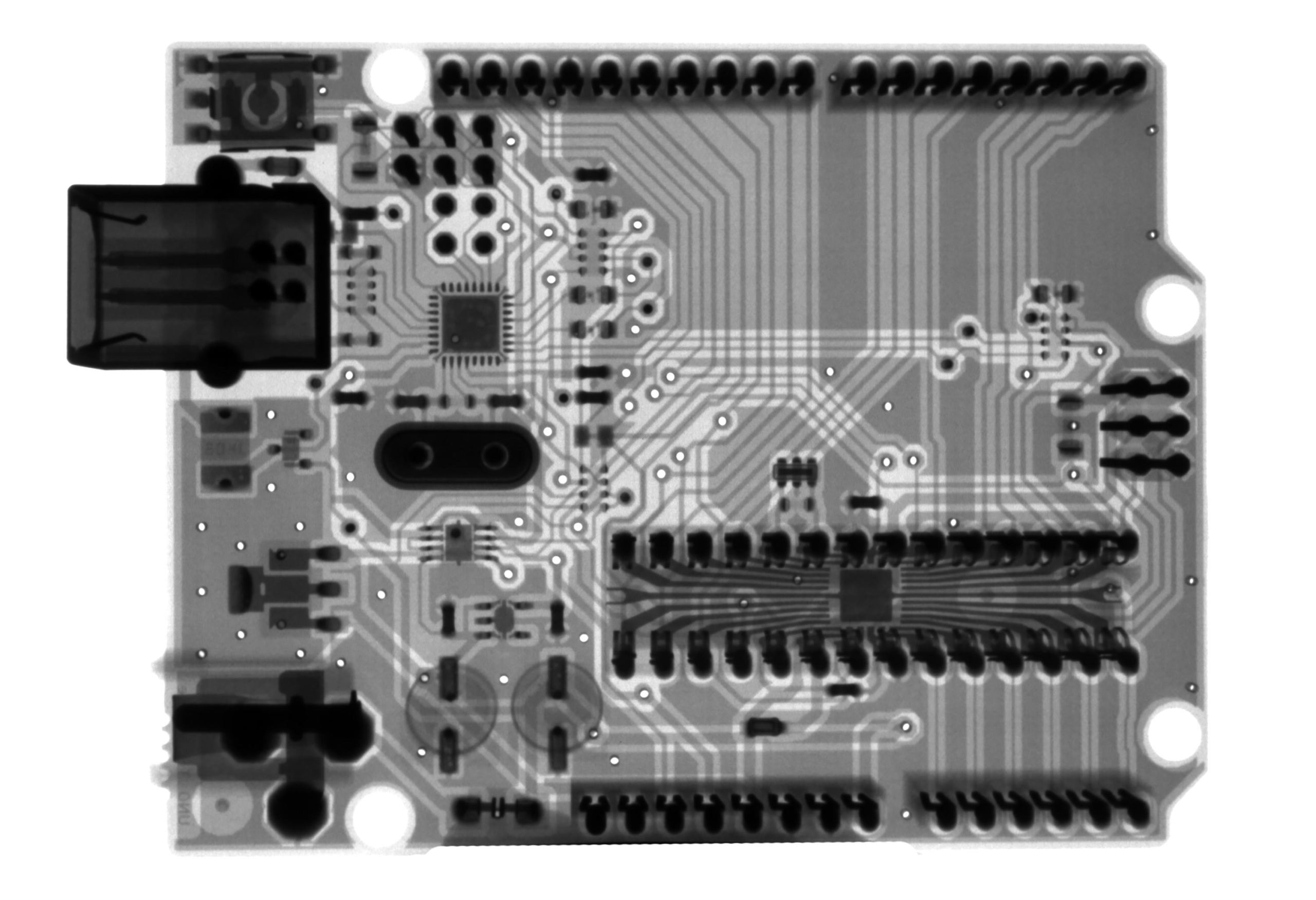R&D tax services are a type of tax service that helps businesses with research and development expenses.
If you’re a business owner, you know that research and development (R&D) tax credits can be a lifesaver. But what if you don’t have the time or resources to take advantage of them? That’s where R&D tax services come in.
R&D tax services are provided by accounting firms that specialize in helping businesses claim the credits they’re entitled to. They can help you navigate the complicated rules and regulations surrounding R&D tax credits, and maximize the benefits you receive.
R&D tax credits are available to businesses of all sizes, and can be used to offset the cost of new product development, process improvements, and even employee training. If your business is engaged in any kind of R&D activity, it’s worth talking to an R&D tax service provider to see if you could be saving money.
What Are R&D Tax Services?
R&D tax services are designed to help businesses receive tax incentives for their innovative work.
R&D tax services are a specialized area of tax consulting that helps businesses claim federal and state tax credits for qualified research and development expenses. The R&D tax credit is a powerful incentive for businesses to invest in innovation and grow their operations in the United States.
To claim the R&D tax credit, businesses must first determine if they are eligible. To be eligible, a business must have incurred qualified research and development expenses in the current tax year. Qualified expenses include wages paid to employees for research and development activities, costs incurred for supplies used in research and development, and contract research expenses.
Once a business has determined that they are eligible for the R&D tax credit, they must then calculate their credit. The credit is equal to a percentage of the qualified research and development expenses incurred during the tax year. The percentage varies depending on the type of business and the amount of research and development expenses incurred.
After a business has calculated their R&D tax credit, they can claim the credit on their federal and state income tax return. The credit can be used to offset taxes owed or to receive a refund from the government.
R&D tax services can help businesses navigate the complex rules and regulations associated with the R&D tax credit. R&D tax service providers have a deep understanding of the credit and can help businesses maximize their credit.
If you are a business owner and think you may be eligible for the R&D tax credit, contact a tax professional to learn more about R&D tax services.
What Are The Benefits Of R&D Tax Services?
R&D tax services provide tax relief for companies that invest in research and development.
The federal government offers a tax incentive to companies that engage in research and development (R&D) activities. The R&D tax credit is a general business tax credit that can be used to offset income tax liability. The credit is available to companies of all sizes and in all industries.
To claim the credit, companies must first file a Form 6765 with the IRS. The form must be filed with the company’s annual tax return. The credit is then claimed on the tax return.
The R&D tax credit can be used to offset both income tax liability and payroll tax liability. The credit is non-refundable, which means that it can only be used to offset tax liability. The credit cannot be used to generate a refund.
The R&D tax credit is a valuable tool for companies that invest in research and development. The credit can help offset the costs of R&D activities and make them more affordable. The credit can also help encourage companies to engage in R&D activities.
Example
XYZ Company is a small manufacturing company. The company manufactures parts for the automotive industry. The company spends $100,000 on R&D activities each year.
The company files a Form 6765 with the IRS and claims the R&D tax credit. The credit is used to offset the company’s income tax liability. The company’s tax liability is reduced by $10,000, which is the amount of the credit.
The company’s effective tax rate is reduced from 30% to 20%. The R&D tax credit has saved the company $10,000 in taxes. The company has also saved $3,000 in payroll taxes. The total savings from the R&D tax credit is $13,000.
What Are The Key Features Of R&D Tax Services?
R&D tax services can help you recover some of the costs associated with researching and developing new products or services.
If your business is engaged in research and development (R&D) activities, you may be eligible for a tax offset or rebate. R&D tax services can help you claim these benefits and maximize your refund.
The key features of R&D tax services include:
1. Free initial consultation
2. Tailored services to suit your business
3. Experienced team of R&D tax specialists
4. Proven track record of success
5. Competitive fees
If you’re thinking of claiming the R&D tax offset or rebate, we recommend you seek professional advice to ensure you maximise your refund.
At ABC Accountants, we offer a free initial consultation to discuss your eligibility for the R&D tax offset or rebate. Our team of experienced R&D tax specialists will tailor a solution to suit your business needs.
We have a proven track record of success, having helped hundreds of businesses claim millions of dollars in R&D tax refunds. Our fees are competitive and we offer a no-win, no-fee guarantee.
To learn more about our R&D tax services, contact us today.
How Do R&D Tax Services Work?
R&D tax services help companies save money on taxes by providing tax breaks for research and development costs.
If you’re a small or medium sized business in the UK, you may be able to claim Research and Development (R&D) tax credits. This is a Government initiative to encourage companies to invest in innovation. R&D tax credits can reduce your company’s tax bill or give you a cash payout.
To claim R&D tax credits, you need to show that you’ve carried out eligible work on an innovative project. Your project must aim to make an advance in science or technology. This could mean developing a new product or process, or improving an existing one.
The first step is to calculate your company’s ‘RDEC eligible expenditure’. This is the total cost of your project, including staff costs, materials, subcontracted work and software. You can only include costs that were incurred after 1 April 2015.
Once you’ve done this, you need to work out your ‘RDEC tax credit’. This is a percentage of your RDEC eligible expenditure, and it depends on the size of your company. Small companies can claim 130% of their RDEC eligible expenditure, while medium sized companies can claim 110%.
If your company is profitable, you can use your RDEC tax credit to reduce your corporation tax bill. If your company is loss-making, you can claim a cash payout from HMRC.
To claim R&D tax credits, you need to include a detailed explanation of your project in your company tax return. You may also need to provide supporting documentation, such as timesheets and invoices.
If you’re thinking of claiming R&D tax credits, we recommend speaking to a specialist tax advisor. They can help you calculate your RDEC eligible expenditure and claim the maximum tax credit for your project.
How Can R&D Tax Services Help My Business?
R&D tax services can help your business by providing tax incentives for your research and development activities.
If you’re like most business owners, you’re always looking for ways to improve your bottom line. One way to do that is to take advantage of R&D tax services.
R&D tax services can help your business in a number of ways. First, they can help you save money on your taxes. R&D tax credits are available to businesses that invest in research and development. By taking advantage of these credits, you can reduce your tax bill and save money.
Second, R&D tax services can help you improve your bottom line by increasing your sales. By investing in research and development, you can create new products or services that will appeal to your customers. This can lead to increased sales and profits.
Finally, R&D tax services can help you attract and retain talented employees. By investing in research and development, you can create an environment that is attractive to top talent. This can help you attract and retain the best employees, which can improve your bottom line.
If you’re looking for ways to improve your bottom line, R&D tax services can help. By taking advantage of R&D tax credits and investing in research and development, you can save money, increase sales, and attract and retain top talent.
FAQ
What Are The Eligibility Criteria For R&D Tax Services?
How Do I Apply For R&D Tax Services?
What Is The Process For R&D Tax Services?
Hopefully, you are now clear on what R&D tax services are. If you still have any questions, feel free to comment below.
Author
-
I'm Shahrear, a Designer Lead who loves electronics. Since 2003, I’ve been traveling and living all over the world. I love breaking down complex concepts in electronics and presenting them to others in an approachable way. I think that the language used in most books about electronics is hard for people who don't already know about electronics to understand. I want that to change. So, I've started blog where I talk about everything on electronics for people who are just starting out.
View all posts






